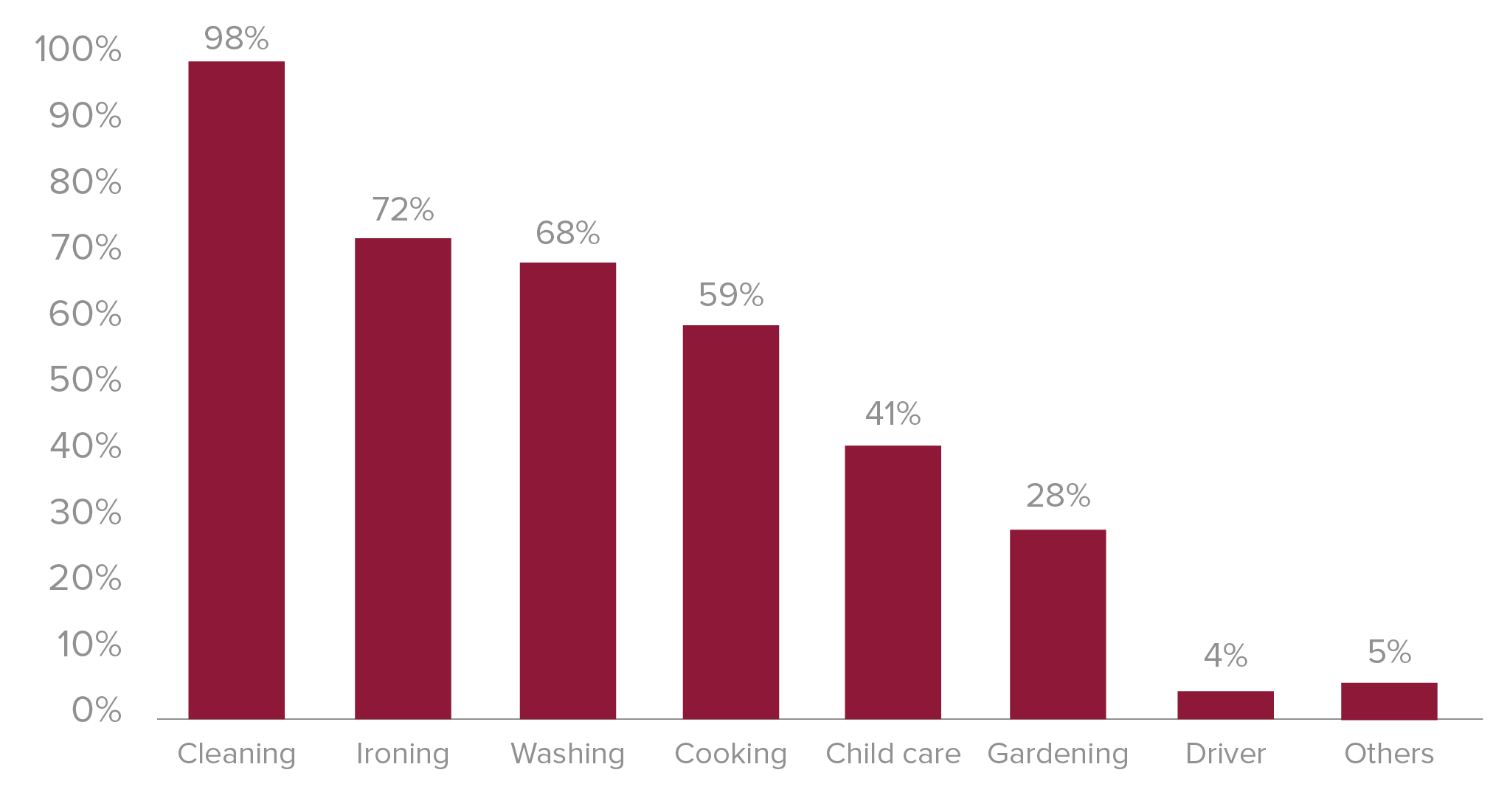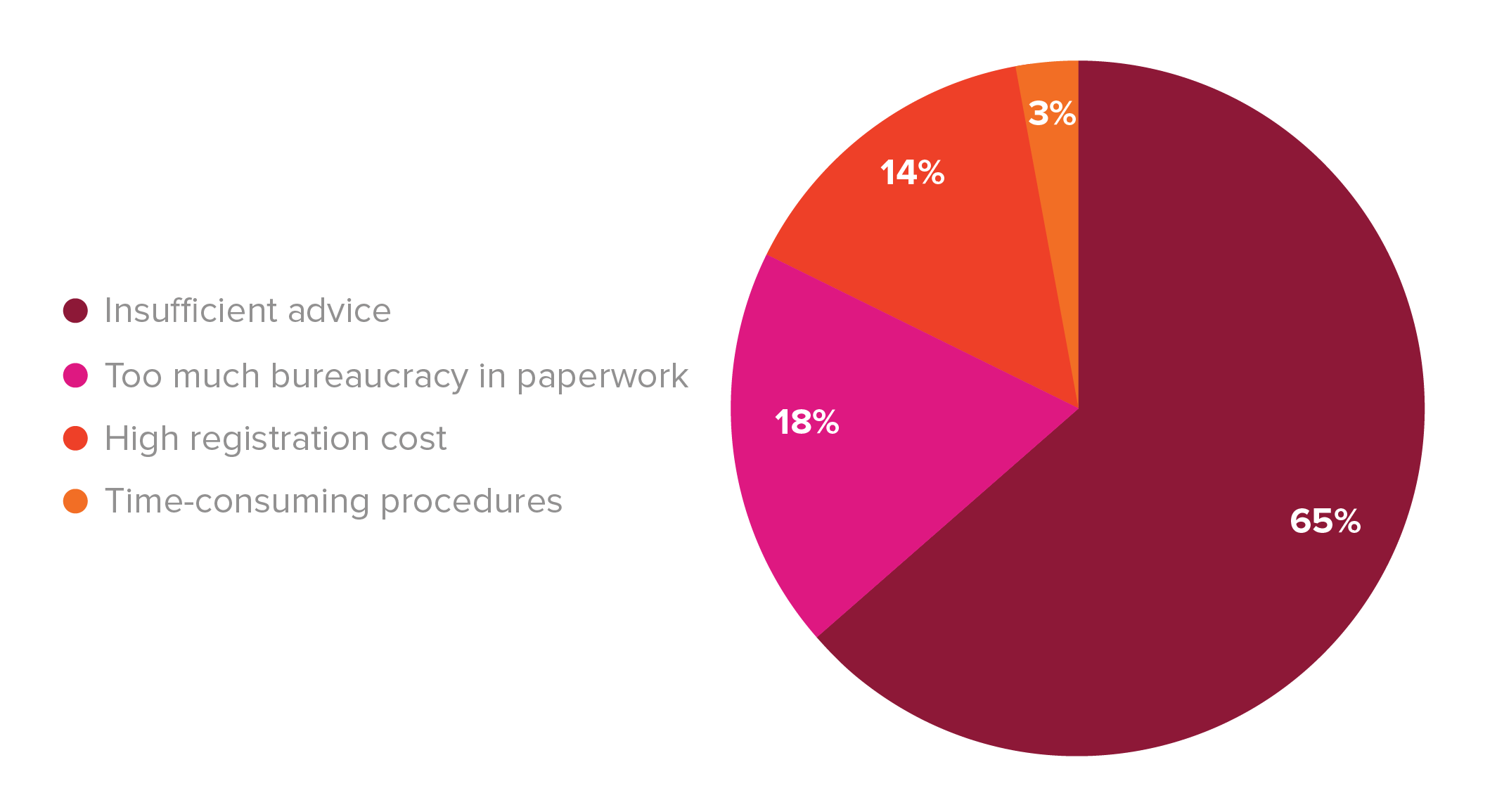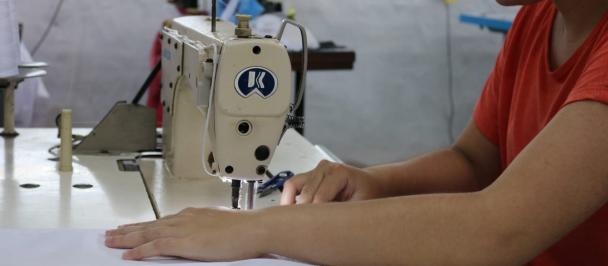What did we find in the exploration with employers?
Barriers to the formalization of domestic work from the point of view of those who hire them
18 de Agosto de 2022

In our previous blog we described the main characteristics of paid domestic workers in Paraguay. In addition, we identified a series of barriers to labour formalization faced by this group of workers.
Among these barriers to formalization are potentially those that arise from the employer segment of domestic work. And here two aspects are clearly differentiated: firstly, the low level of knowledge that employers have about the procedures for registering with social security in order to make the rights of domestic workers effective, which may be associated with recent regulatory changes; and secondly, the persistence of low recognition or social appreciation of domestic work, linked in turn to historical discrimination against the sector.
Based on these identified barriers, we posed learning questions to guide the development of the learning cycle on paid domestic work. In this sense, the learning questions related to the employer sector focused on learning more about:
- To what extent is there a lack of knowledge of the regulations and how does this affect the formalization of domestic work?
- To what extent does lack of knowledge or the amount of paperwork make enrolment in social security difficult and what mechanisms can facilitate enrolment?
- How do employers' beliefs or valuing of domestic work affect the formalization of domestic staff?
- Finally, what are the main barriers to formalization identified by the employer sector and what are their proposals to overcome them?
From these questions, we implemented a survey with people who hire domestic service. Seeking to explore and deepen the previous findings from their own voice. This survey was conducted during the month of September 2021 and reflects the profile, knowledge about social security, registration procedures and perceptions about domestic work of 101 people who hire domestic services[1].
What is the profile of the people surveyed?
They are people with a high potential for formalization of their domestic workers. Most of them have undergraduate and postgraduate university education (89.1%), reside mainly in Asunción and the Central Department (97%), have an average age of 39 years and 60% are men and 40% are women.
What did we find in the exploration with employers?
The demand for domestic services and the modality of domestic service contracts:
Among the domestic work services most in demand by the employers surveyed are mainly cleaning services (98%), ironing clothes and laundry and cooking services. The role of childcare required by employers also stands out (41%).
[1] The data from the survey of employers are not representative in terms of sampling at the national level, but they are representative of a population segment characterized by a great potential for formalizing the work of the domestic staff they hire.

Figure 1. Domestic services demanded by employers. Source: Prepared by the authors.
Among the types of contracting used for domestic work, daily wage contracting is in first place (39.6%), followed by hiring with retirement (34.7%) and lastly, bed-in contracting in 25.7% of cases.
In spite of the high level of education and the high socioeconomic level associated with these employers, there is still a high degree of labor informality in the domestic work they hire. 71.3% do not have their domestic staff registered with social security (Instituto de Previsión Social - IPS), 17.8% declare that they have registered under the general full-time retirement scheme and 10.9% under the part-time work scheme.
Knowledge and perceptions about domestic work:
The low degree of labor formalization corresponds to the low level of knowledge about social security and social security registration procedures, which are confirmed by the survey results.
- 44.5% of employers do not know or believe that social insurance registration is optional for part-time work, however, social insurance registration is compulsory regardless of the type of contract.
- 67.3% do not know if the payment for domestic work can be deducted from the monthly VAT, but the regulations do not allow this discount.
- 51.5% do not know whether payment for domestic work can be deducted from annual income tax, while the regulations do allow it to be deducted from income tax.
- 51.5% do not know or believe that a written contract should not be signed when hiring domestic staff, even though it is a necessary requirement to sign a written contract.
- 65.3% do not know or believe that registration can only be done in person, when in fact it can be done online.
In addition to low knowledge, employers have different perceptions of the person who performs domestic work in the household. Only 41.6% consider the person hired for domestic work as a person "who works", 36.6% consider him/her as a person who "helps" in the household and the remaining 21.8% consider him/her as a part of the family.
But let's see from the employers' point of view, what are the most important difficulties to achieve the formalization of domestic workers? The main barrier identified by employers to formalization is insufficient advice on how to register for social security (65%), followed by the bureaucracy of the procedures (18%), followed by the high cost of registering for social security (14%) and, finally, the time required for registration (3%).

Figure 2. Main barriers to the formalization of domestic work according to employers. Source: Prepared by the authors.
The survey helped us to better understand the barriers to labour formalization and allowed us to reflect on ways to remove them from the perspective of domestic workers. In our next blog we will tell you about how we used the cultural probe methodology to deepen the knowledge from the experiences of domestic workers, as well as the main findings we had with this methodology.
Para leer el blog en español, click aquí.

 Locations
Locations



